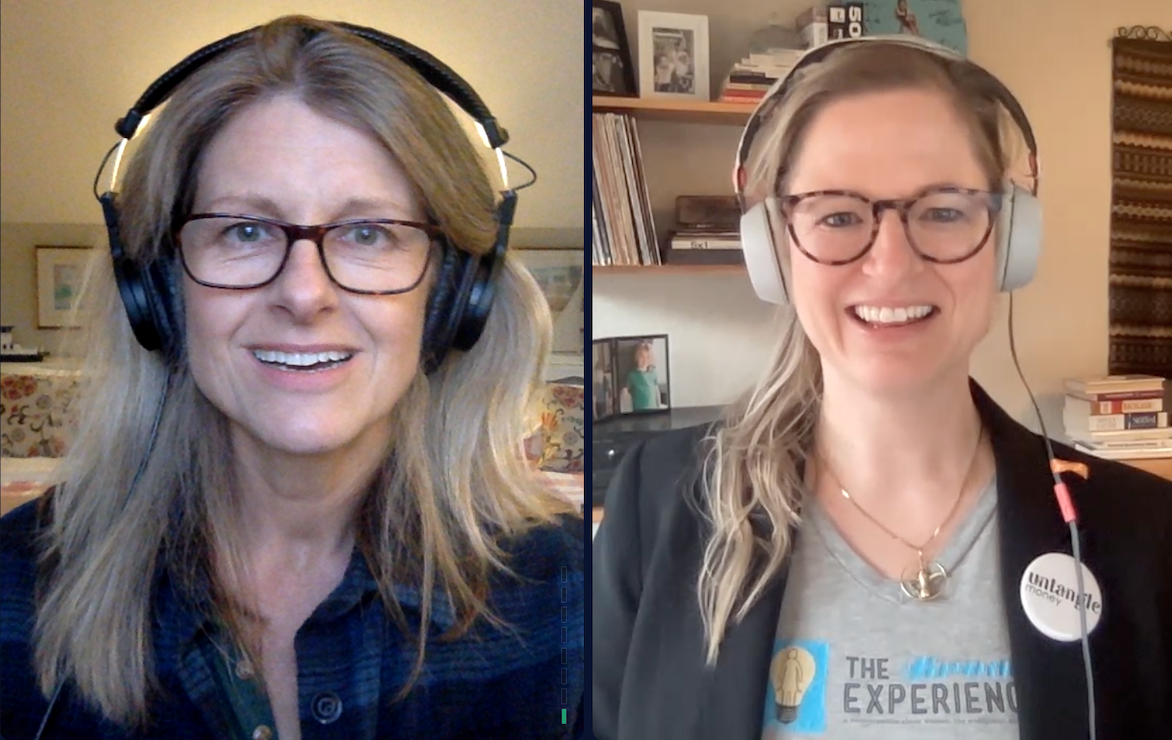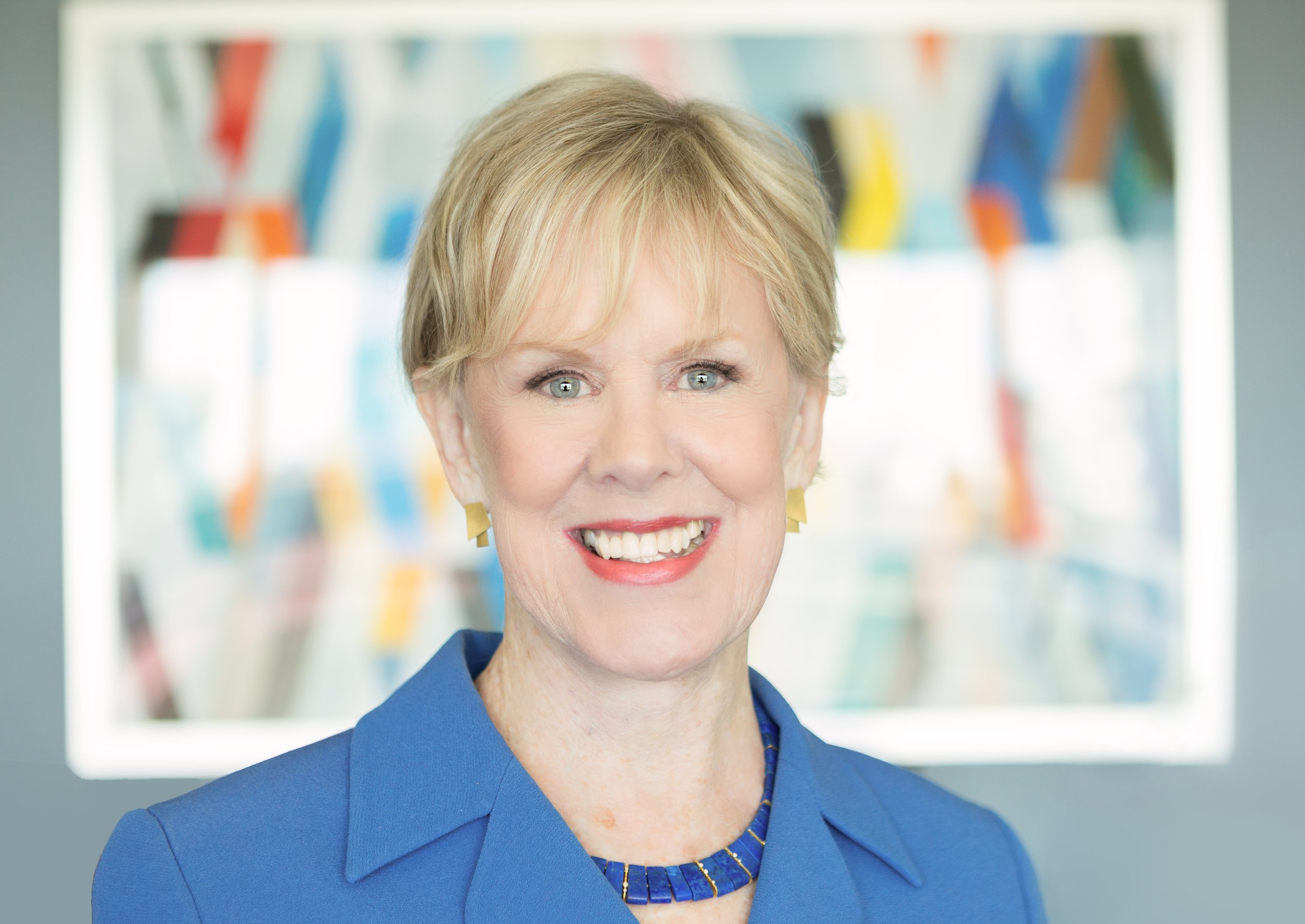Final Episode: What's Changed in Ten Years
/“The #MeToo movement I think was very important here [in Brazil], even though we didn’t have one to speak of...but what happened was, this started the conversation on the part of women.”
Branca Vianna
Rio de Janeiro, Brazil
“The vast majority of audit committees, which is the most senior committee, are still chaired by men. And the vast majority of remuneration committees, which is the really shitty committee to be chairing, are chaired by women. So...I want to see that change.”
Heather McGregor
Dubai, United Arab Emirates
“I am cautiously optimistic that we’ve opened Pandora’s Box and there’s no way we’re getting those women pushed back in. Now we’ve got a lot of work to do on men and boys. We thought we could empower women without working on men. And I think that was a huge mistake.”
Avivah Wittenberg-Cox
London, via France, Canada, and the US
In this, the final episode of The Broad Experience, I talk to three women about what has changed for women at work during the past decade, and what remains to be done.
I began this show in 2012. Back then women and the workplace was a little discussed topic, and almost no one was podcasting about it. But my own experiences at work had convinced me this subject deserved much more attention. And while one measly decade barely registers in the arc of history, it means something to those of us who live through it. There has definitely been progress during the years I’ve worked on this show.
My guests are based all over the world. Branca Vianna is a longtime listener who lives in Rio de Janeiro. Today she is the founder and president of a highly successful podcast company, Radio Novelo. Frequent guest Avivah Wittenberg-Cox is back in London after a stint at Harvard. She always has an intriguing take on where we are, and where we should go next. Heather McGregor, once known as Financial Times columnist Mrs. Moneypenny, was in one of my first podcasts, and I was delighted that she agreed to be in my last. She’s now living and working in Dubai.
You can also read a transcript of the show.
I can’t tell you how rewarding it’s been to make this podcast during the last almost 11 years. Thanks for listening and for all the emails and other messages of support. It means a lot when you work alone from your closet.
Onward.











